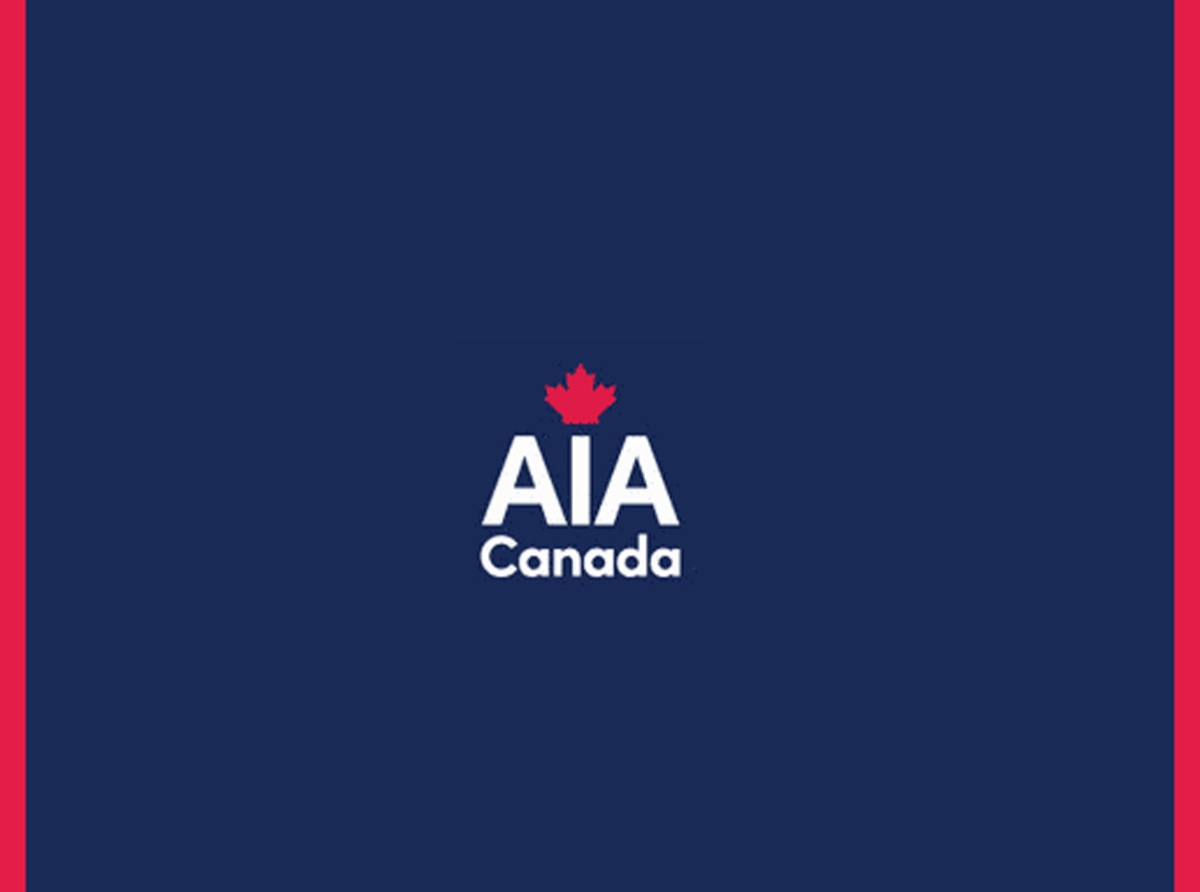Business
The Honda Civic Still Number One in Canada
Regulation on right to repair published: AIA Canada’s advocacy bears fruit

On June 25, 2025, the Government of Québec published the final version of the regulation amending the Regulation under the Consumer Protection Act, marking a significant milestone for our industry. This long-awaited regulation formalizes key elements of the Loi protégeant les consommateurs contre l’obsolescence programmée et favorisant la durabilité, la réparabilité et l’entretien des biens, and directly addresses core concerns raised by AIA Canada and its members throughout the regulatory process.
Since the initial adoption of Bill 29 (now Law 21) in October 2023, AIA Canada has been deeply engaged in its implementation. We submitted a detailed commentary on the draft regulation in March 2025 and participated in numerous meetings with Québec government officials in 2024 and 2025 to ensure that the concerns of the automotive aftermarket were understood and addressed. Our advocacy emphasized practical access to tools and data, realistic timelines, and the need to avoid loopholes that could undermine the right to repair.
The final version of the regulation reflects several of our key recommendations, including more flexible but clear language on the availability of diagnostic tools, strengthened disclosure requirements for manufacturers, and recognition of legitimate independent repairers. These gains are the result of sustained efforts and collaboration with stakeholders across the province.
Regulation highlights
1. Definition of “commonly available tool” (Article 79.17)
A tool is considered couramment disponible (commonly available) if:
It is provided free of charge at or before possession of the good, or
It can be obtained via a distance contract, at a reasonable price and within a reasonable timeframe.
2. Manufacturer disclosure obligations (Article 79.18)
Manufacturers must clearly disclose online whether they guarantee full, partial or no availability of:
Replacement parts
Repair services
Information necessary for maintenance and repair
If availability is partial, the manufacturer must specify which parts or services are not guaranteed. These disclosures must be easy to find, print and keep. If a manual is provided, it must include this information.
3. Merchant disclosure obligations (Article 79.19)
Before concluding a contract, merchants must also clearly disclose whether they guarantee full, partial or no availability of:
Replacement parts
Repair services
Information necessary for maintenance and repair
If sold online, merchants must include a link (if available) to the manufacturer’s disclosure.
4. Exemption for merchants (Article 79.20)
A merchant is exempt from the above obligation if:
All required information is published online clearly and intelligibly
It is printable and easy to retain
A link to the manufacturer’s information is published nearby, if available
5. Restrictions on practices limiting repairability (Article 91.21)
Techniques that make repair or maintenance harder are prohibited unless:
They are necessary to protect the consumer or their representative from a serious, direct and immediate physical safety risk
Or they are legally required under another law or regulation
Importantly, this provision clarifies that professional repairers working in a business context cannot be excluded from access to information or tools under the pretext of consumer safety.
6. Entry into force
The regulation takes effect on October 5, 2025.
The complete regulatory document can be found here (in French only).
Still active for you
Following the publication of the regulation, we held a meeting with the Office de la protection du consommateur (OPC) to discuss its implementation and communications strategy. We successfully advocated for the creation of specific communications tools tailored to the automotive sector. These will include sector-specific materials for newsletters and other channels used by the industry, with the goal of informing AIA Canada members and the wider auto care community on their rights and obligations under the new rules.
These communications tools will begin to roll out this fall, with most expected before the regulation comes into force on October 5, 2025. Our relationship with the OPC remains strong and constructive, and we will continue to engage with them regularly in the coming weeks and months. These touchpoints will help ensure that implementation is smooth and that members receive timely updates and clarification as needed.
We recognize that the full impact of the regulation will take time to materialize in the marketplace and our own analysis is not yet complete. Nonetheless, this is a major step forward for independent repairers, consumers, and the broader automotive aftermarket in Quebec. AIA Canada will remain vigilant and proactive as the regulation takes effect, continuing to protect and promote the interests of our members.
Next steps
This fall, we will be counting on members to spread the word about the new regulations, as well as gather information on what works well and what does not. We will continue our advocacy work on the issue of right to repair in Quebec, at the federal level and in other provinces as well.
For any questions or to share feedback, please contact Emily Holtby, vice president, government relations at

L'Automobile Magazine
News
Business Directory



 En
En  Fr
Fr 


